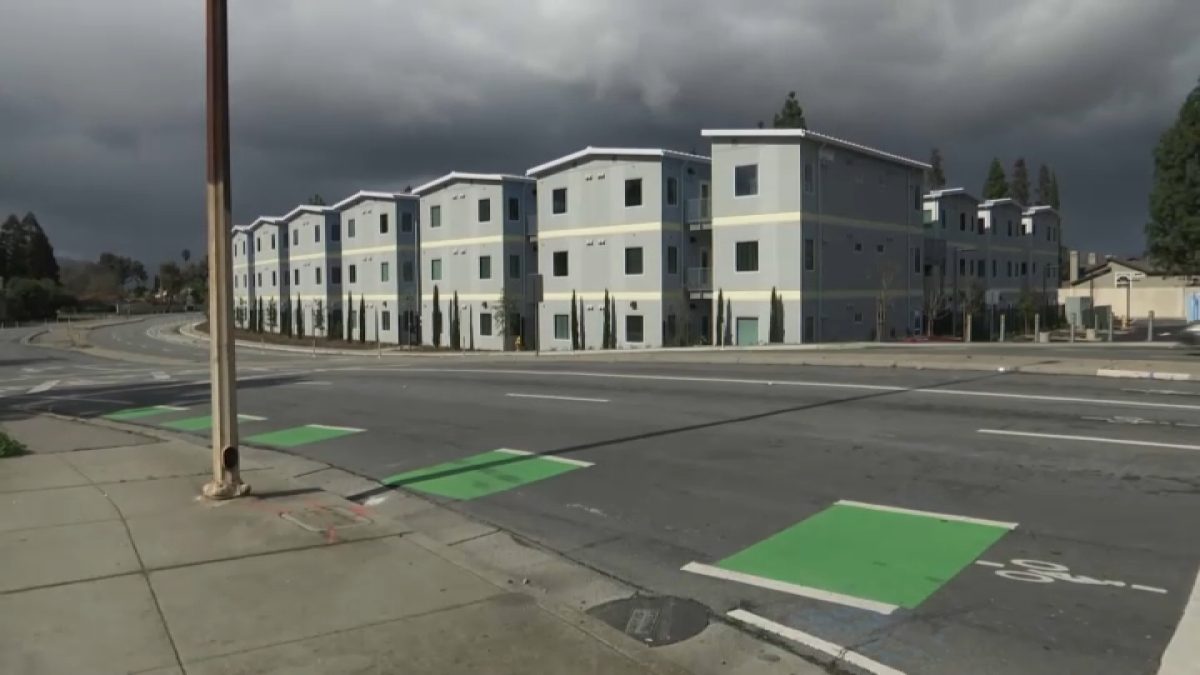In a push to protect undocumented residents from the Trump administration's crackdown on illegal immigration, Oakland City Council on Tuesday revoked an agreement that allowed the city's police department to collaborate with Immigration and Customs Enforcement.
The ordinance, which passed unanimously, also requires the police chief to submit an annual report on surveillance activities in Oakland with federal agencies.
Under the abolished agreement, Homeland Security was able to deputize Oakland officers as "task force officers," allowing them to help solve crimes and aid in investigations. Similar partnerships exist in San Francisco and San Mateo counties.
Oakland's Privacy Advisory Commission discovered the agreement during a fact-finding mission into joint operations between the city and federal law enforcement. According to a report from the East Bay Express, the agreement was signed the day before disgraced Oakland Police Chief Sean Whent resigned last year amid a far-reaching sex exploitation scandal.
At a July 11 Public Safety Committee meeting, Oakland's Deputy Police Chief Danielle Outlaw said the agreement aided the department on human trafficking and gang investigations.
"We do use them as a force multiplier within the parameters of (Oakland Police Department) policy, and it’s also to focus on cases where we could charge federally," she said, advocating for keeping the agreement.
That argument did little to sway city council members.
Local
Councilmember Rebecca Kaplan noted that the agreement was forged under the Obama administration, when fewer people were concerned about ICE activities.
“Under the new presidential administration, we've seen increased use of ICE to target non-criminals, including arresting people dropping their kids off at school, including arresting people coming out of church, and including arresting a woman in court who was there to testify against the man who had raped her," Kaplan said, referencing several highly-publicized incidents outside the Bay Area.
Kaplan added that the ordinance would be a "further step to take" to protect Oakland residents and ensure that undocumented residents feel safe reporting crimes to local law enforcement.
Brian Hofer, the chair of the Oakland Privacy Advisory Commission, noted that the commission spent more than three months trying to determine what partnerships exist between local law enforcement and the federal immigration agency. He concluded that the city's police department had not violated Oakland's sanctuary city ordinances, but it was "inadvertently putting data in the hands of ICE."
"There is a chilling effect going right now — a dramatic decrease in the reporting of crime in the Hispanic communities," Hofer said. "Houston and Los Angeles police chiefs are already reporting that Hispanic communities will not report crimes because they're so scared of the data getting into the hands of the feds."
Commenters overwhelmingly agreed, speaking about the rising fears in the community under a federal administration that has promised to "build a wall" and tried numerous times to enforce a travel ban.
"Aggressive racial profiling has absolutely terrorized this community..." said Christina Sinha, an attorney with Asian Americans Advancing Justice, an advocacy group. "While this problem is complicated, the solution — this ordinance — is actually very simple.”



